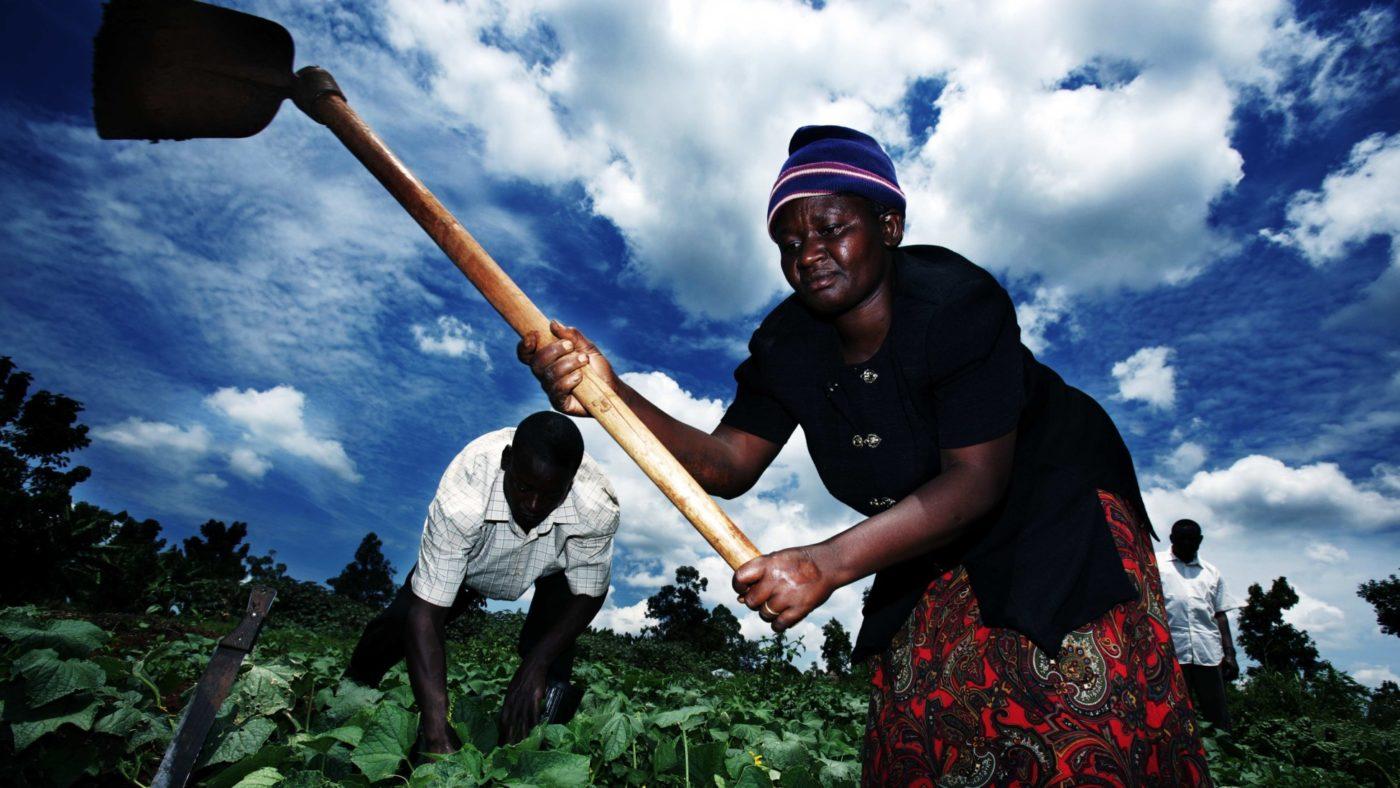So here we go again: Red Nose Day has arrived with japes, high jinks and silly stunts taking place across the land. Pupils spray hair red, office workers don fancy dress, village halls hold bake-offs and Piers Morgan has gone silent.
Some may find the forced jollity tiresome. Yet since the launch of Comic Relief in a Sudanese refugee camp 32 years ago following the Live Aid concerts, the nation’s most potent telethon has become a national institution, raising more than £1 billion.
Led by the BBC, the event harnesses the modern power of celebrity culture to promote its concept of communities having fun to raise funds for good causes.
It has become so woven into the fabric of life that almost everyone seems to take part: members of the royal family, major businesses, leading politicians… this year even the great physicist Stephen Hawking.
And inevitably taxpayers chip in – whether they like or not – with the Department of International Development handing over a few of the millions from its bloated £12 billion budget to the organisation.
Yet pause for a second to consider an important question. The BBC is supposed to be free of bias. So why does the state broadcaster think it acceptable to hand over huge slabs of its schedules to promote a particular – and increasingly controversial – world view?
For the clear message from Comic Relief, with those cavorting comedians, dancing politicians and feel good films fronted by concerned actors, is that aid works. It says that spraying huge sums of our money around the world is an unalloyed good.
Yet this is a highly contestable stance to take – and a hugely political point to make.
There is, after all, great controversy over whether Britain should pump billions abroad at a time of domestic public spending cuts.
Besides, much of the Comic Relief coverage of developing nations is crass and so many of the celebrity comments simply toe-curling. These reinforce anachronistic stereotypes about Africa as a pitiful place of chaos, disease and poverty in desperate need of saintly Western salvation.
A few years ago I saw an embarrassing segment in which four stars spent a week in a Kenyan slum to discover how life could be hard in such a place. Already this week, as part of the feverish BBC build-up we have seen six more return there to ram home the idea of heroic celebrities “changing lives” of supplicant Africans.
“The lives of unborn babies are relying on my biceps,” said comedian David Baddiel as he unloaded supplies at one point. Another so-called comedian seemed more interested in urinating across the equator.
This coverage is harms the image of Africa, deterring tourists from visiting and businesses from trading. Surveys find Western firms active in Africa are highly positive about the region, yet those not there see it in the most negative light.
Sadly the Comic Relief approach is all too typical of the swollen charity sector – in alliance with their paymasters in politics – which crushes nuance or positivity in its rush to raise funds by presenting Africa in the most unfavourable light possible.
They ignore the complexities of a vast continent, the pace of change in 54 very different countries, the progress in so many places, the people coming up with their own solutions to problems.
Increasingly this looks like a hangover from the past, promoted by the Live Aid generation which fell so hard for the neo-colonial fallacy that chucking our cash around the planet can solve complex problems in developing nations.
They would do well to listen to the likes of Angus Deaton, the Nobel-winning economist and renowned expert on global poverty, who points out aid flows can do more harm than good by corrupting local politics and corroding democracy.
I have seen this for myself on three continents – and heard the growing chorus of complaints from local people upset by the arrogance and approach of Western aid actors in Asia, Africa and the Caribbean.
Yes, Red Nose Day can bring fun into schools, joy into offices and communities together. Yet it should not be backed and promoted by the BBC, let alone so entwined that its chairman is even a senior executive at the corporation.
No wonder BBC news programmes have a disturbing tendency to offer soft-soap platforms to aid chiefs, ignoring the corruption swirling around the poverty industry and the reality many such groups are powerful players in developing nations.
At the end of the day, we need to remove the red noses – and accept that the BBC’s promotion of Comic Relief is no laughing matter.


